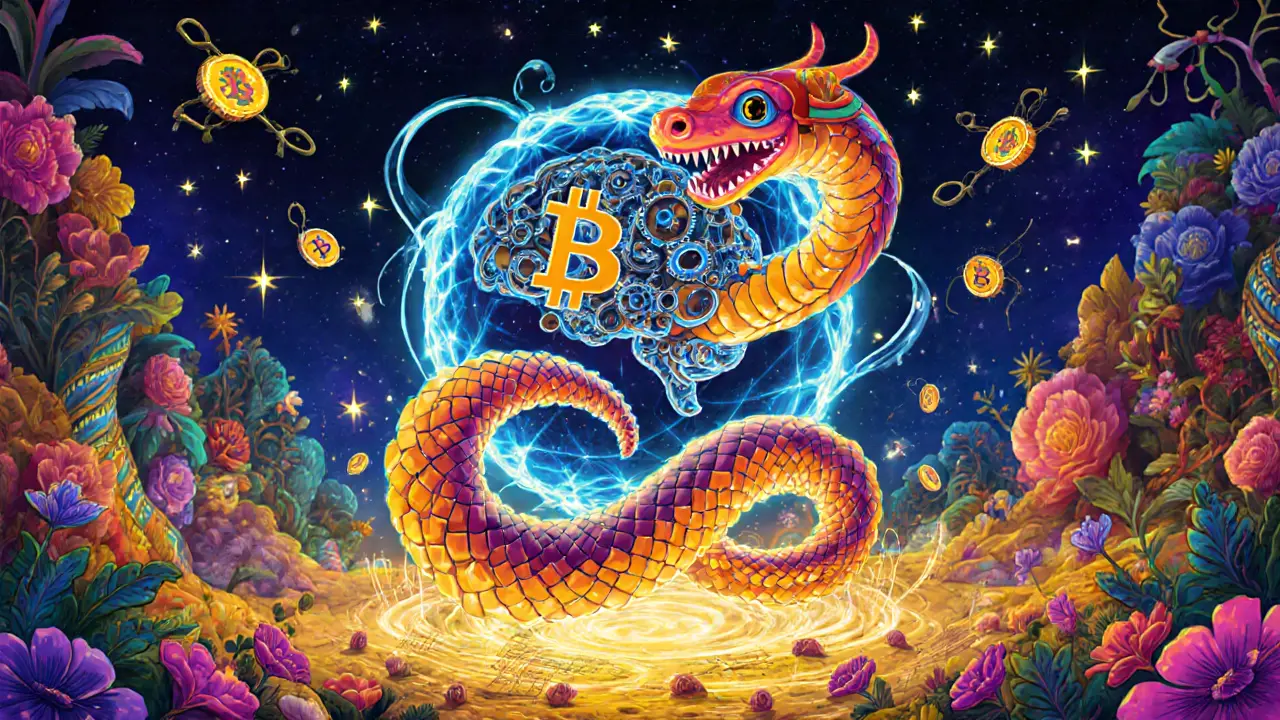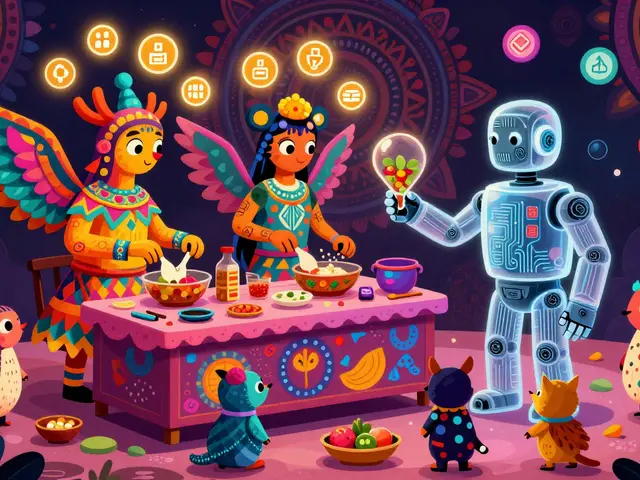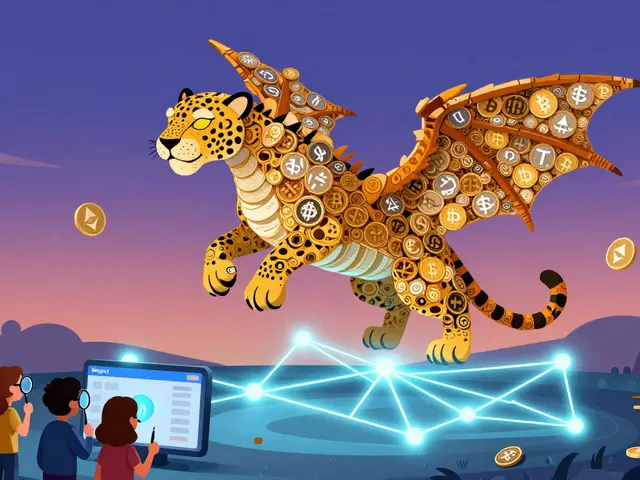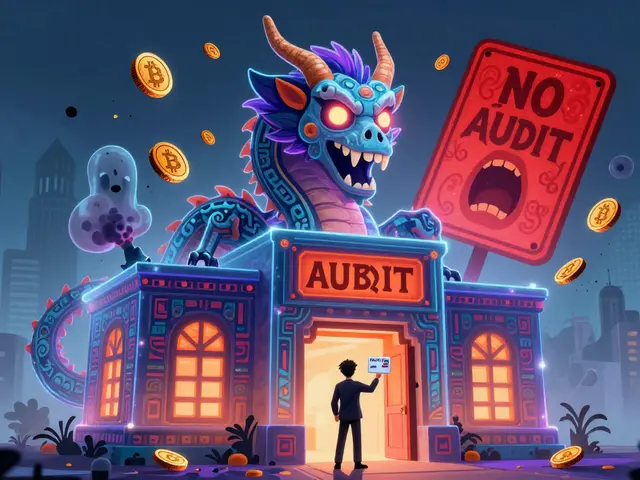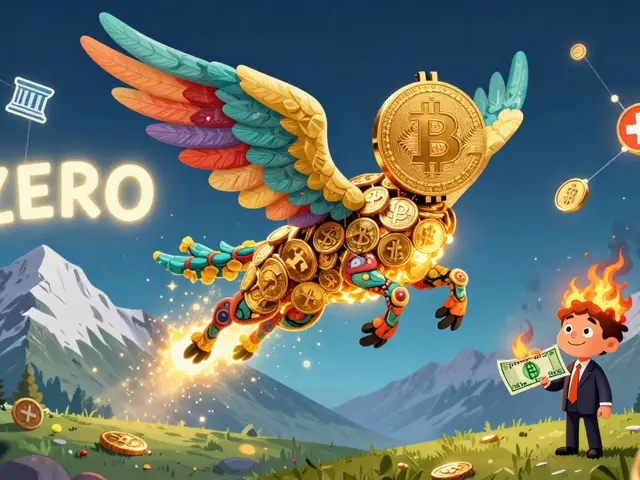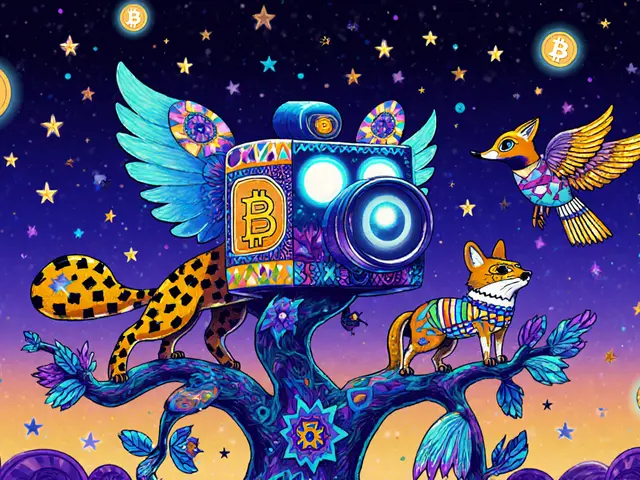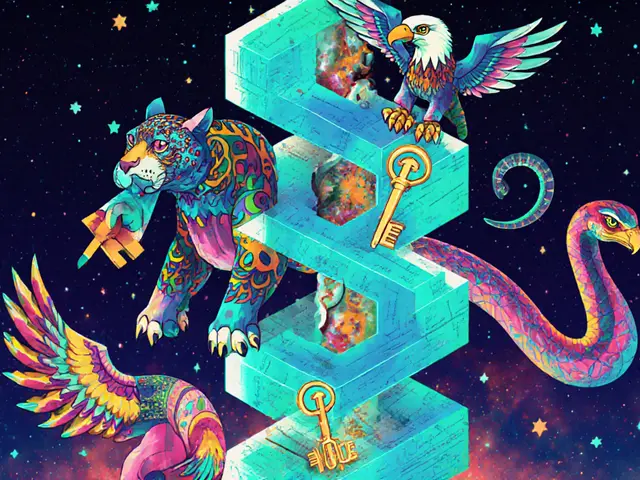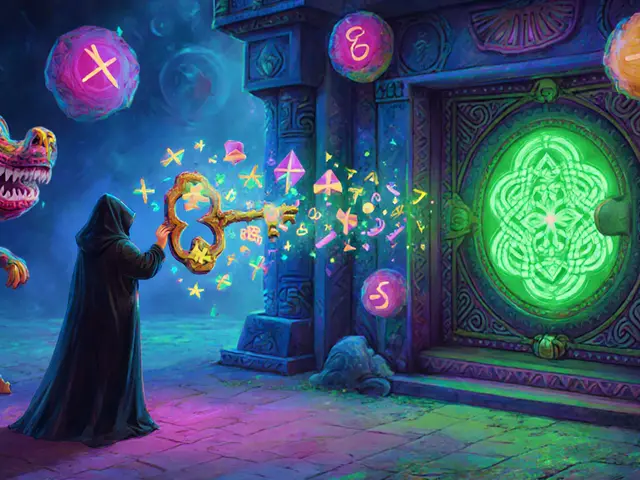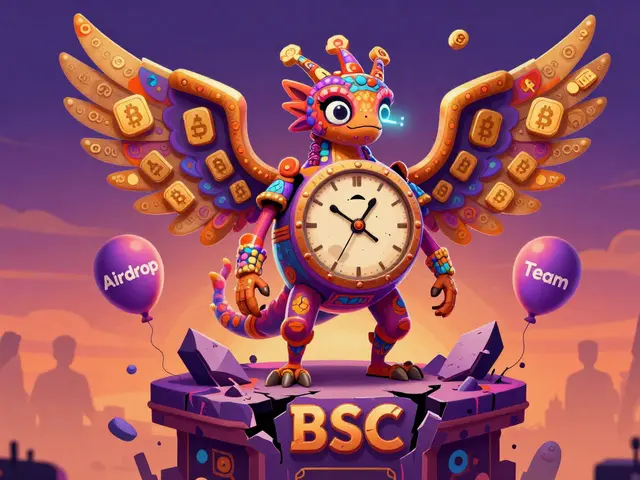Smart Contracts AI: How Artificial Intelligence Is Changing Blockchain Automation
When you think of smart contracts, self-executing code on blockchains that run when conditions are met. Also known as automated agreements, they're the backbone of DeFi, NFTs, and tokenized systems. But what happens when you give them brains? Enter smart contracts AI, the fusion of artificial intelligence with blockchain-based logic to make contracts adapt, learn, and respond in real time. This isn’t sci-fi—it’s already happening in niche DeFi protocols, oracle networks, and automated governance tools. AI lets smart contracts interpret messy real-world data, predict price swings, or even adjust terms based on user behavior—something static code alone can’t do.
Think of it like upgrading a vending machine that only gives you a snack when you insert cash, to one that notices you’re low on cash, suggests a cheaper option, and remembers your preferences next time. That’s the power of AI-powered contracts, smart contracts enhanced with machine learning models that process external data and make dynamic decisions. They need reliable data feeds (oracles), clear rules, and safeguards—because if the AI learns wrong, the contract can act unpredictably. Projects like Chainlink’s AI integrations or automated DAO voting systems are testing this, but most are still experimental. The real challenge isn’t coding the AI—it’s making sure it’s transparent, auditable, and doesn’t become a black box on a public ledger.
You’ll find plenty of posts here about blockchain tools, tokenomics, and security—but few directly tackle how AI is reshaping smart contracts. What you’ll see are real cases: how decentralized exchanges use AI to reduce slippage, how voting systems adapt to voter behavior, and why some projects fail when they try to automate too much without human oversight. Some posts even warn about fake AI claims—because not every project calling itself "AI-powered" actually uses machine learning. This collection cuts through the hype. You’ll learn what’s working, what’s risky, and where the line is between smart contracts and truly intelligent ones.
